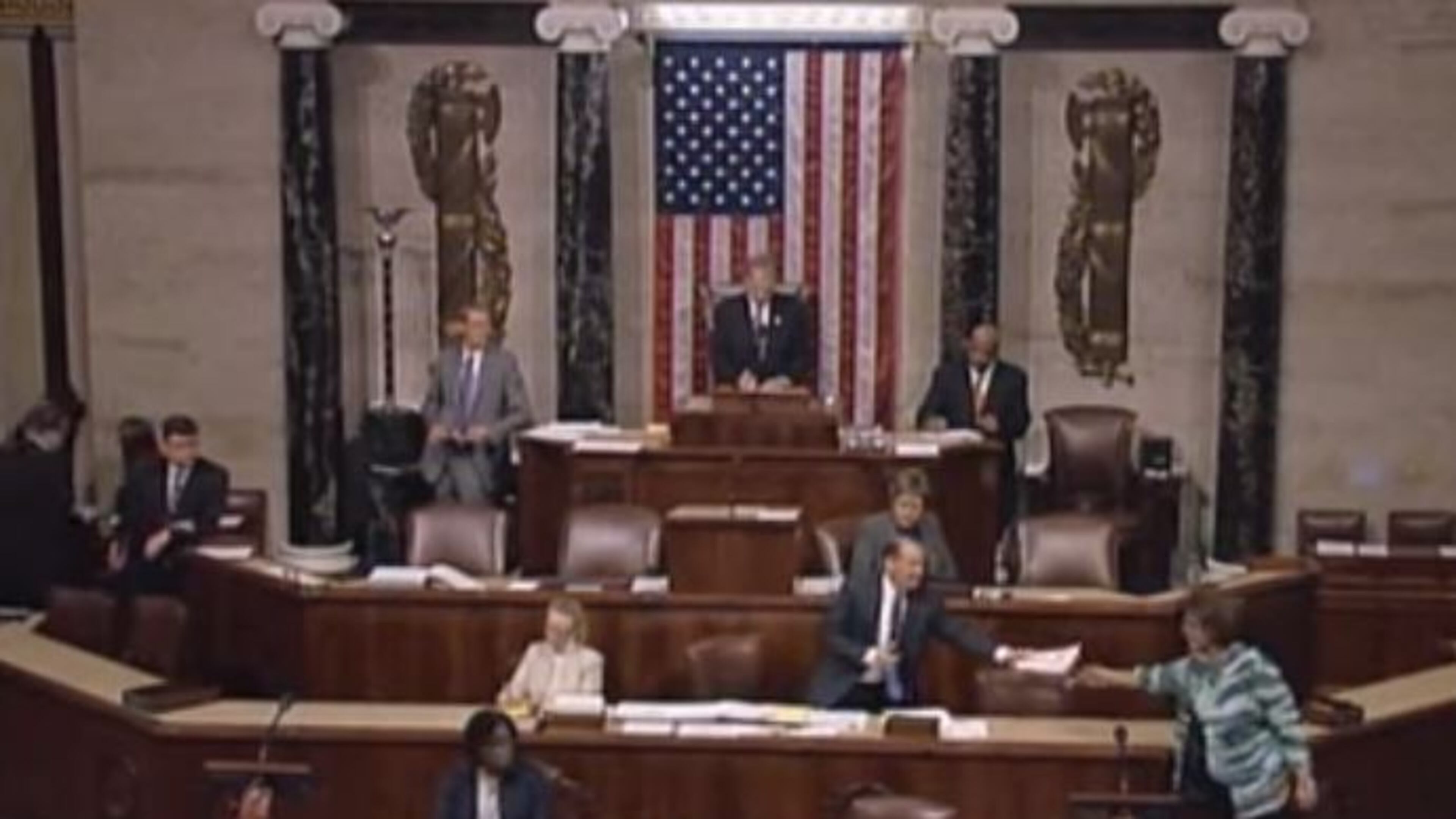Change continues in the Congress

The first week back at work in Congress showed that some lawmakers spent the holiday break at home making a decision on their future, as three veteran lawmakers announced in recent days that they would hang up their legislative cleats, and not run for another term in office.
"I'll just move out and let somebody else move up," said said Rep. Lynn Westmoreland (R-GA), who was first elected to Congress in 2004.
Westmoreland had originally decided to run for re-election, but that changed after being home for the holidays.
"Christmas is a long time to be at home, be with your family, be with your grand kids," Westmoreland told me off the House floor.
A few minutes earlier, Westmoreland had been surrounded on the House floor by fellow lawmakers who had heard the news of his decision - there were hugs, hearty handshakes, back slaps and a lot of smiles.
The same had been true in recent days for Rep. Jim McDermott (D-WA), a liberal stalwart from Seattle who announced on Monday that he would not run for re-election.
And the scene was repeated as well for Rep. Steve Israel (D-NY), who surprised many by deciding to leave the Congress after this year.
"I will leave the Congress with few regrets," said McDermott, who departs after 14 terms in office.
The pace of change in 2016
Already 19 House members have decided not to run for re-election - that's more than the 16 who made the same decision two years ago.
Another 16 House members are leaving their seat to try to win a different elected office.
That means already 8 percent of the House - 35 members - won't be back for the next Congress, which begins in a year.
Those numbers are certain to grow in the House, where more announcements seem likely in coming weeks, as filing deadlines approach in a number of states.
"I don't believe in term limits," said Westmoreland. "You just have to sort of self-examine yourself and say, maybe it's time for somebody else to come up here."
The actual rate of turnover in the Congress might surprise a lot of people - here's what it has looked like in recent elections:
2014 House - 11 percent
2014 Senate - 12 percent
2012 House - 18 percent
2012 Senate - 12 percent
2010 House - 22 percent
2010 Senate - 13 percent
2008 House - 13 percent
2008 Senate - 10 percent
2006 House - 11 percent
2006 Senate - 11 percent
Right now for the 2016 elections, the House is at a turnover of 8 percent, the Senate at 6 percent.
Both of those numbers will certainly grow, as more members decide against re-election, some get defeated in primaries, and others lose in November.
